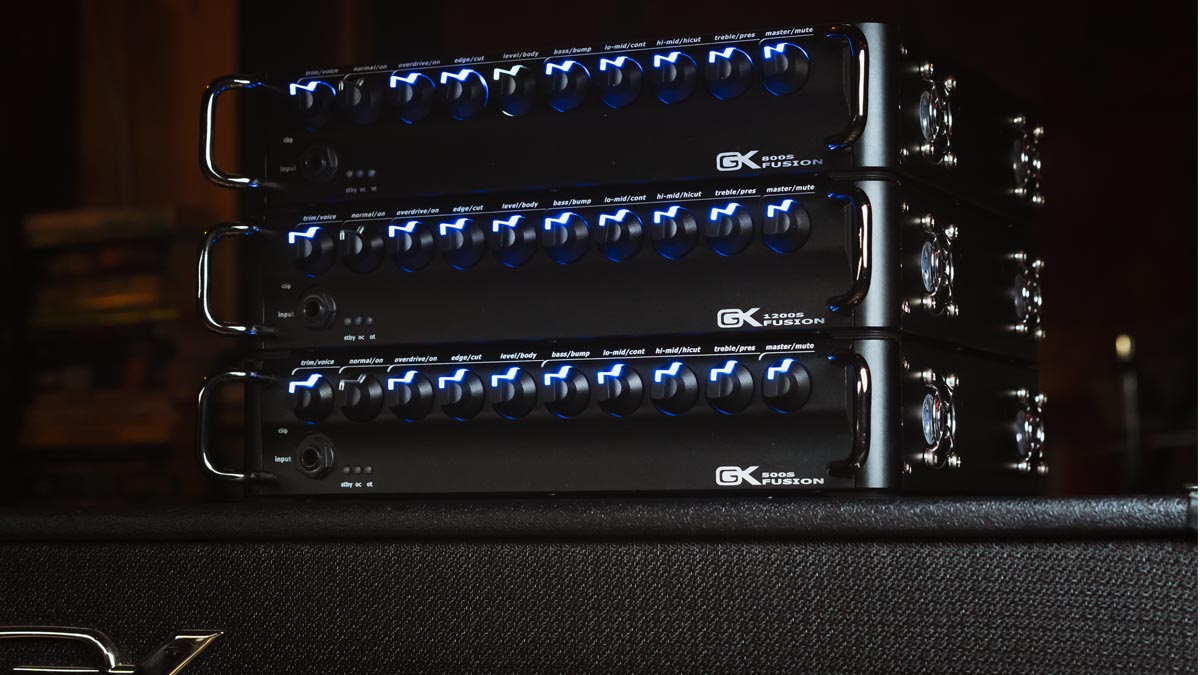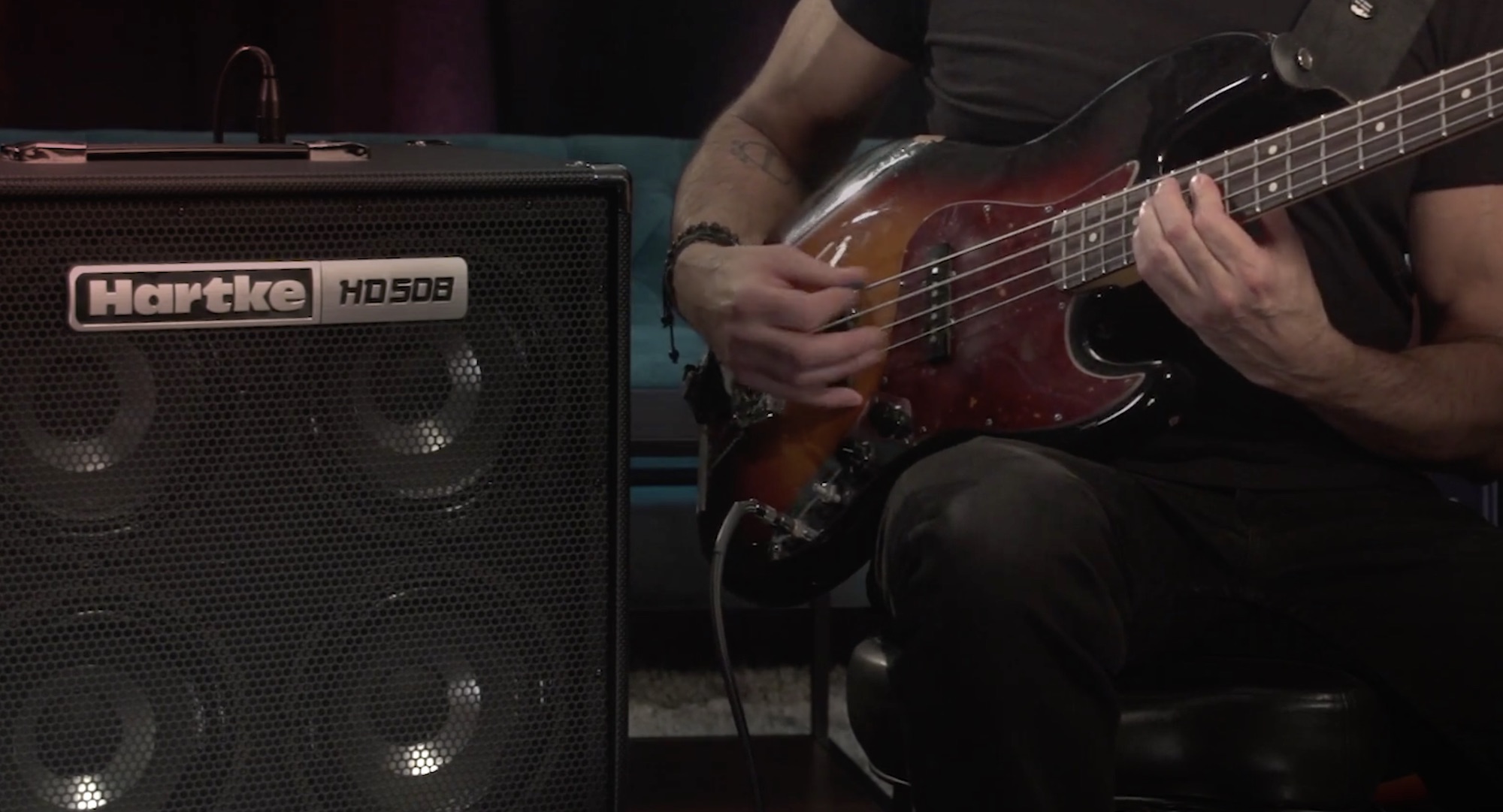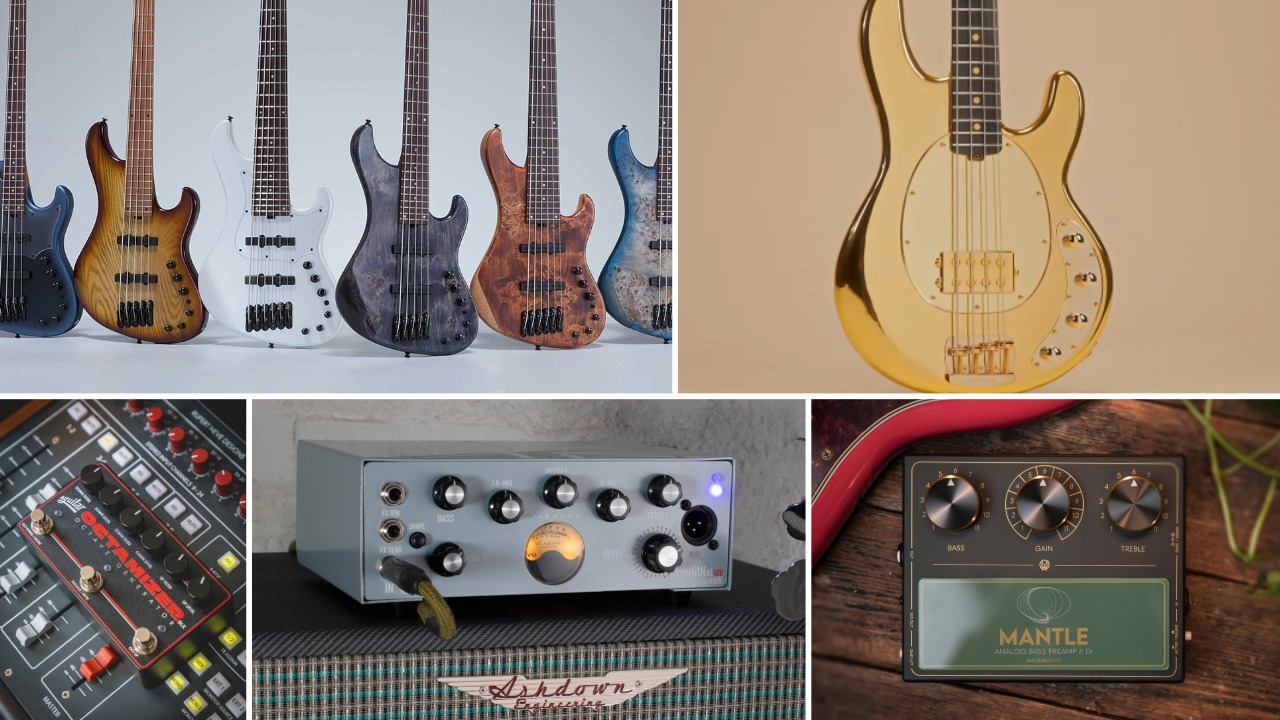
We've previously looked at ensuring that the impedance load of your cabinets is matched to your bass amp. This month, we delve into the all-important speaker cabinet power handling, and deal with a few associated myths.
What are watts?
A watt is a unit of electrical or thermal power.
A lightbulb’s power is measured in watts, right?
Yes, indeed, and we tend to think that the brighter the bulb is the more powerful it is – but in reality, it doesn’t entirely work that way with amplification. Power doesn’t exactly equal how loud a system is, due to the complicated relationship between the amplifier, the power supply, and the attached speaker loads.
Why do those words make my heart sink...
Don’t worry – the more you dig into the relevant theory, the harder it gets. It doesn’t help that the marketing department of a given amp manufacturer may well have exerted some influence over the published figures, too. You can ignore terms such as ‘Watts PMPO’, ‘MPO’, ‘Total Power’, and other ‘creative’ naming standards. Ignore the watts label close to the power socket on your amp, too. That’s obviously not the output, it is simply the mains power consumption.
All the latest guitar news, interviews, lessons, reviews, deals and more, direct to your inbox!
Noted. Is there any reliable standard that I can trust?
Yes. Cabinet power handling is often quoted in watts RMS, which stands for Root Mean Square. This measurement tells you what a speaker is capable of handling over a long period, as opposed to taking a peak reading, which will be much higher – but which will risk damage to your speaker coil after a shorter period of time.
Have decibels got anything to do with all this?
They do indeed. Sound pressure level (or SPL) is measured in decibels (dBs). This is a good way to measure how loud something is. Power handling in watts is more commonly cited, though.

So how many watts do I need to be heard?
That’s a great question. I tell bassists to head for around 500W RMS if they’re in a standard rock band. This is because you may happen to plug into an inefficient cabinet, in which case 500W should be enough power to get you heard on most gigs. However, don’t expect a 500W amp to be able to see off your two guitarists’ 4x12 rigs if you’re only using a single 12” speaker.
In that case, try more cones. You’ll be able to move more air, which is a good way of getting heard over your bandmates’ noise. If I were offered a choice of doubling my available woofers or using an amp with an extra 100W of power, I’d choose the former every time.
You mentioned inefficiency – what is that?
A speaker cabinet’s efficiency is its ability to turn incoming electrical signals into outgoing sound. This efficiency is measured in dB. If this figure is supplied, you may see something like ‘1w/1m’ next to it, meaning that the signal was measured from one meter’s distance while the speaker was fed one watt. Beware, though – manufacturers test with different types of signals, and there doesn’t appear to be an agreed system in place that everyone admits to using for readings.
So what do you suggest when I want to pair amplifier and cabinet power?
Listen carefully. Is the speaker distorting when you’re expecting a clean sound? In that case, you could be pushing it towards its limits. Turn it down! Another bit of useful advice, as RMS is an average figure, is to ensure that you match the amp to the cab equally when it comes to impedance and wattage, or simply check that the cab’s power handling is higher. Finally, if you don’t know exactly what you’re doing, always seek qualified assistance.
